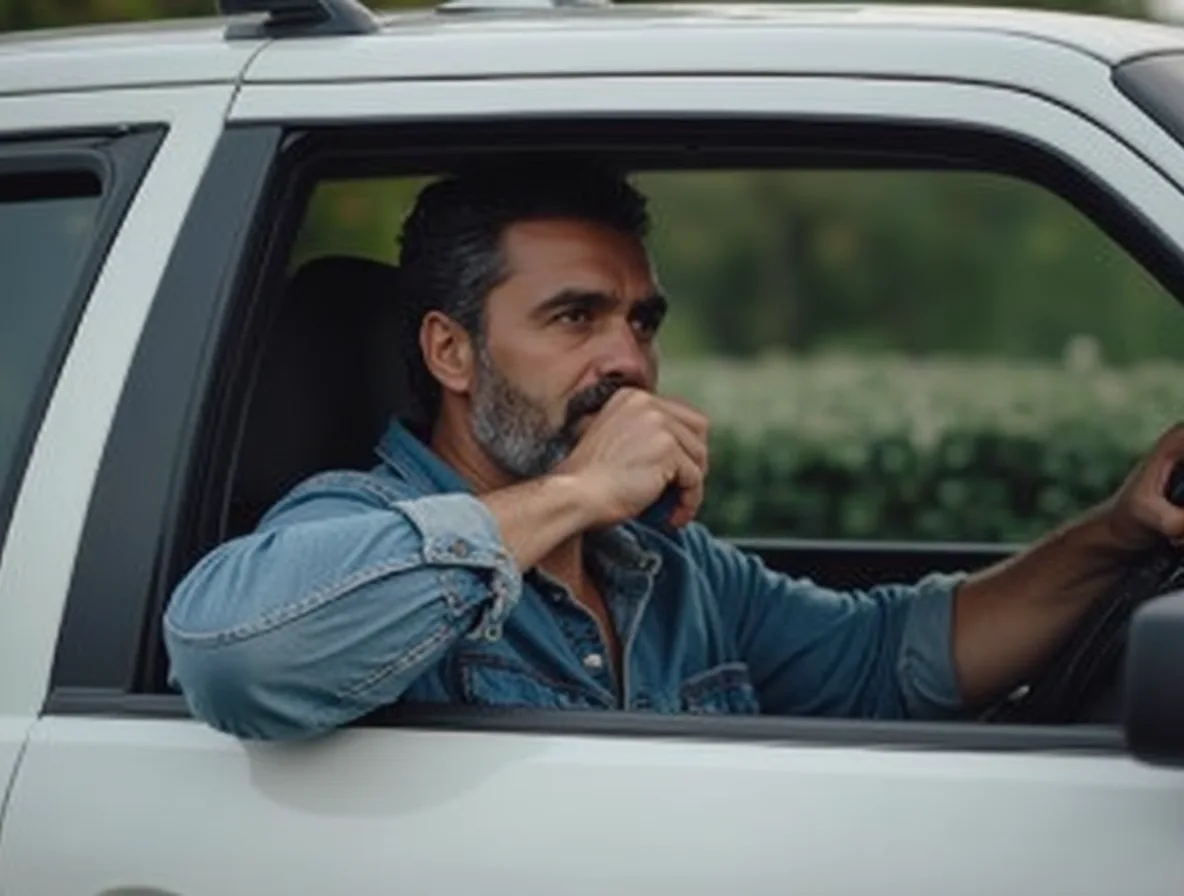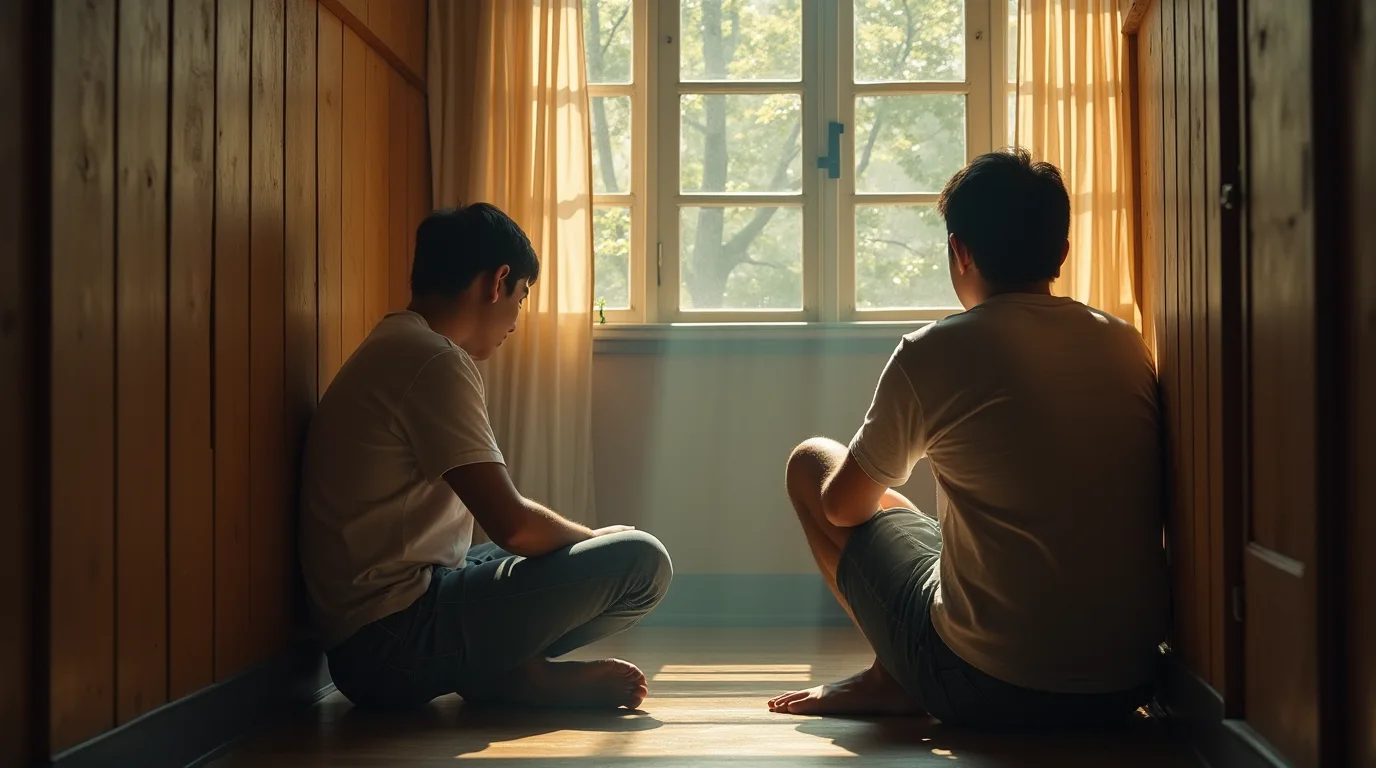Can You Drink on Unsupervised Probation in Maryland? Risks and Rules Explained

Unsupervised probation seems like you caught a break. No probation officer breathing down your neck every week. But here’s what most people don’t realize – you’re still walking on thin ice. One wrong move with alcohol and you could find yourself back in court faster than you expected.
What Unsupervised Probation Actually Means
Unsupervised or informal probation basically means the court is giving you some rope. They’re not assigning someone to watch your every move, but they expect you to follow the rules they set. It’s like when your boss lets you work from home – just because they’re not watching doesn’t mean you can slack off.
What is unsupervised probation in plain terms? You avoid jail time, but you have to prove you can stay out of trouble without someone holding your hand. The court sets conditions, and you’re responsible for following them. Period.
Different Types of Probation in Maryland
Probation in Maryland works differently depending on your situation. Some people get the full treatment with weekly check-ins and surprise visits. Others get more freedom but still have to follow strict rules.
Supervised vs unsupervised probation is the difference between having a babysitter and being home alone. With supervised probation, your officer knows where you are and what you’re doing most of the time. They can show up at your job or your house whenever they want.
Unsupervised gives you breathing room, but the consequences are identical if you violate the terms. Sometimes, they’re worse because the court feels like you betrayed their trust.
Unsupervised Probation Rules About Drinking
This is where it gets tricky. Your paperwork might say no alcohol at all. Or it might not mention drinking specifically. Don’t assume that means you’re in the clear—that’s a dangerous game.
For DUI cases, courts almost always ban alcohol completely. Same thing with domestic violence charges. It makes sense when you think about it. If drinking got you in trouble before, why would they let you keep doing it?
Even if your order doesn’t specifically mention alcohol, getting arrested for anything alcohol-related usually counts as a violation. Bar fight? Violation. Public drinking? Violation. Even being around when something goes down at a party can cause problems.
What Happens When You Violate Probation
Courts take violations seriously. When you agreed to probation, you signed a contract. Breaking that contract can make judges angry, and angry judges are more likely to send people to jail.
The legal process moves fast when violations happen. You might get arrested and sit in jail while waiting for your hearing. And here’s the kicker – they don’t need to prove you’re guilty beyond reasonable doubt like in regular criminal cases. They just need to show you probably violated your probation.
Why Courts Don’t Want You Drinking
Courts have seen this situation before—alcohol and poor decisions often go hand in hand, much like peanut butter and jelly. They’re not trying to ruin your social life. They’re trying to keep you from making the same mistakes that got you arrested in the first place.
The Maryland court system handles thousands of probation violations every year. A massive chunk of them involve alcohol in some way. These aren’t random coincidences – there’s a clear pattern that courts have learned to recognize.
Learning from Past Mistakes
Back in the 1920s, the government tried to ban alcohol for everyone. It didn’t work because it was impossible to enforce. Your probation restrictions are different because they only apply to you, and there are systems in place to catch violations.
When you get arrested for anything, it goes into the system. When you appear in court for any reason, they check your record. When police run your name during traffic stops, your probation status shows up. There’s nowhere to hide from these consequences.
How to Stay Out of Trouble
Read your probation order multiple times, not just skim through it. Keep a copy with you if necessary. When you’re unsure about something, consult your criminal defense lawyer and ask.
Stay away from places and situations where drinking happens if alcohol is prohibited. It might mean skipping some parties or changing your hangout spots. Keep records of everything you’re supposed to do – community service hours, fine payments, and classes you attend. If questions come up later, you’ll have proof that you followed the rules.
Don’t Risk Everything on Unsupervised Probation
Unsupervised probation in Maryland requires following every single rule the court gave you, especially about alcohol. The freedom isn’t worth losing over a drink. Stay smart, follow the conditions, and get through your probation without incident.
If you’re facing probation violation charges or have questions about what you can and can’t do, contact Britt Criminal Defense at 443-944-5705 for legal help that actually understands what you’re going through.

